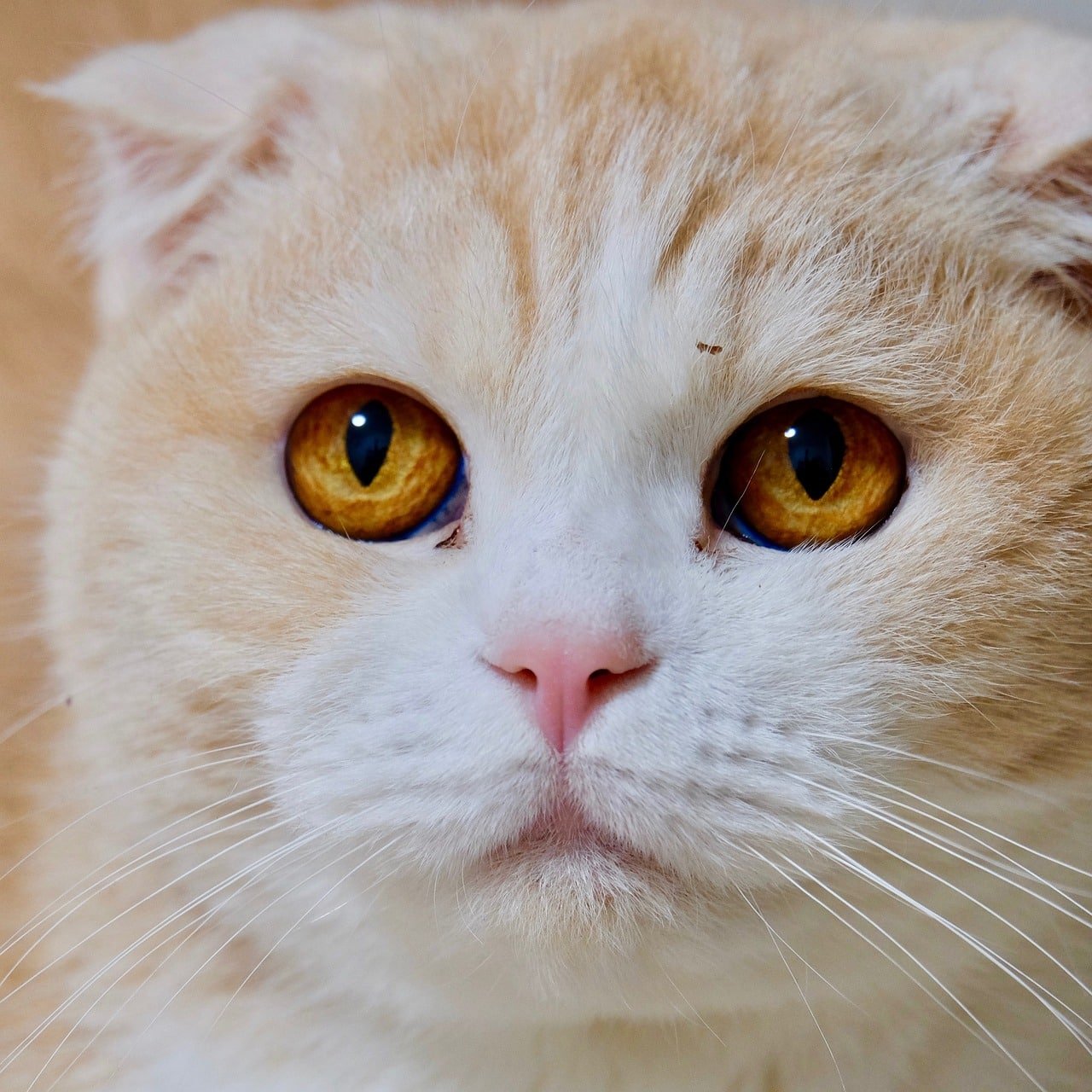Cats, like humans, can suffer from a stuffy nose, which can be uncomfortable and concerning for pet owners. If your feline friend is exhibiting symptoms of nasal congestion, such as sneezing, sniffling, or nasal discharge, there are several steps you can take to provide relief and support their recovery. Here’s a detailed guide on how to help your cat when they have a stuffy nose.
Understanding Cat Nasal Congestion
Before diving into remedies, it’s essential to understand what causes nasal congestion in cats. Similar to humans, cats can experience nasal congestion due to various factors, including:
- Viral Infections: Common respiratory viruses such as feline herpesvirus (FHV) and feline calicivirus (FCV) can cause nasal congestion in cats.
- Bacterial Infections: Secondary bacterial infections can occur following a viral infection, further exacerbating nasal symptoms.
- Allergies: Cats can be allergic to environmental factors such as pollen, dust mites, or certain foods, leading to nasal congestion.
- Foreign Objects: In some cases, nasal congestion can be caused by the presence of foreign objects in the nasal passages.
Signs and Symptoms
Recognizing the signs of nasal congestion in your cat is crucial for timely intervention. Look out for the following symptoms:
- Sneezing: Frequent or persistent sneezing.
- Nasal Discharge: Watery or thick mucus discharge from the nose.
- Difficulty Breathing: Noisy breathing or open-mouth breathing.
- Reduced Appetite: Cats with nasal congestion may lose interest in food.
- Lethargy: A lack of energy or enthusiasm for play.
If your cat displays any of these symptoms, it’s advisable to consult your veterinarian for a proper diagnosis and treatment plan.
Home Remedies to Help Your Cat
While veterinary care is essential for severe cases or persistent symptoms, there are several home remedies and supportive measures you can take to alleviate your cat’s nasal congestion:
1. Humidity Control
Dry air can worsen nasal congestion. Use a humidifier in the room where your cat spends most of their time to increase moisture levels in the air. This can help loosen nasal secretions and make breathing easier for your cat.
2. Steam Therapy
Create a steamy environment by running a hot shower and letting your cat spend a few minutes in the bathroom. The steam can help clear nasal passages and provide temporary relief from congestion.
3. Nasal Irrigation
For cats comfortable with handling, you can gently clean their nasal passages with a saline solution using a syringe or a specially designed nasal spray. This helps remove excess mucus and debris.
4. Warm Compress
Apply a warm compress to your cat’s sinus area (carefully and only if your cat allows it). The warmth can help soothe inflamed nasal passages and promote drainage.
5. Hydration and Nutrition
Ensure your cat has access to fresh water at all times to stay hydrated. Offer wet food instead of dry kibble, as it contains more moisture and can be easier for a congested cat to eat.
6. Rest and Comfort
Create a quiet and comfortable space for your cat to rest. Minimize stressors and provide a warm bed in a draft-free area to encourage relaxation, which aids in recovery.
When to Seek Veterinary Care
While mild cases of nasal congestion can often be managed at home, it’s crucial to monitor your cat closely. Seek veterinary care if:
- Symptoms persist for more than a few days.
- Your cat shows signs of distress or severe difficulty breathing.
- There is blood in the nasal discharge.
- Your cat stops eating or becomes lethargic.
Your veterinarian can perform a thorough examination, including nasal swabs or X-rays if necessary, to determine the underlying cause of your cat’s nasal congestion and prescribe appropriate treatment.
Conclusion
Helping your cat with a stuffy nose involves a combination of home care and, when necessary, professional veterinary treatment. By providing a comfortable environment, ensuring hydration, and using gentle home remedies like steam therapy and nasal irrigation, you can support your cat’s recovery from nasal congestion. Always consult your veterinarian for guidance tailored to your cat’s specific needs, ensuring they receive the best possible care for a speedy recovery and improved quality of life.
Discover more from EMMOCEB
Subscribe to get the latest posts sent to your email.






